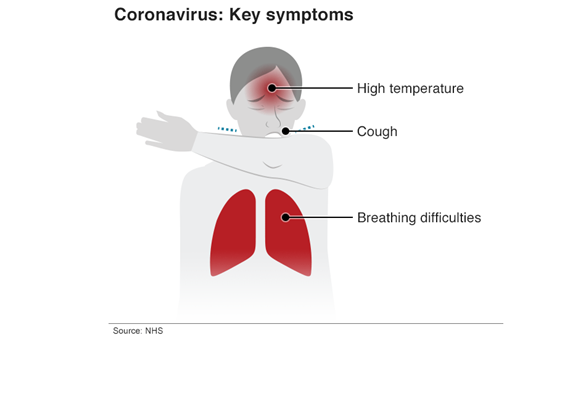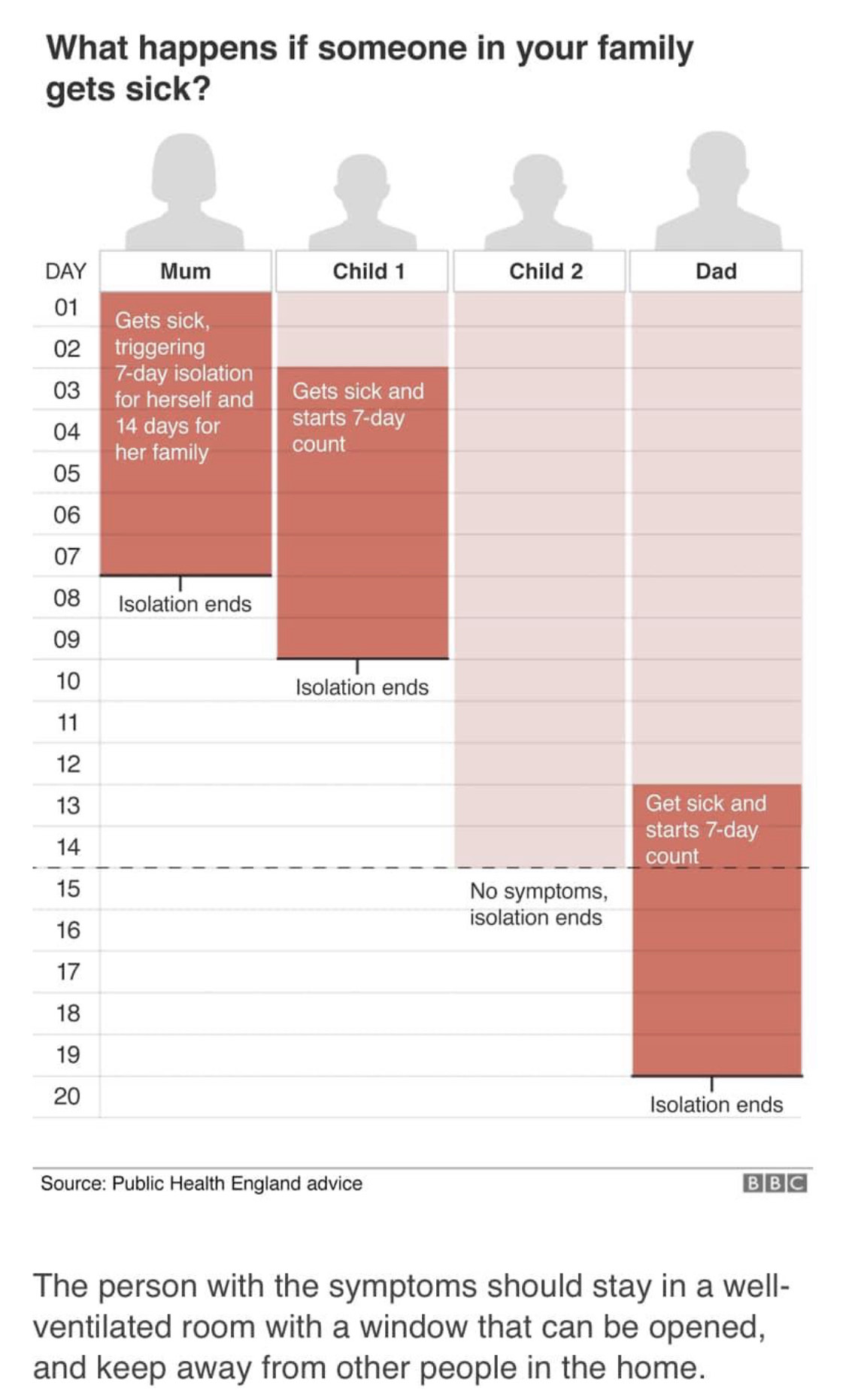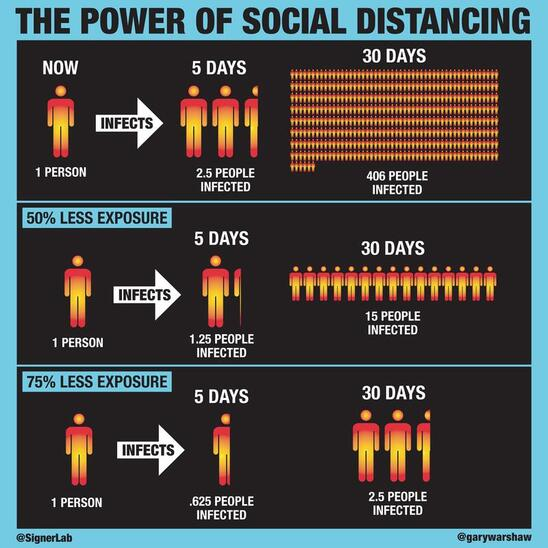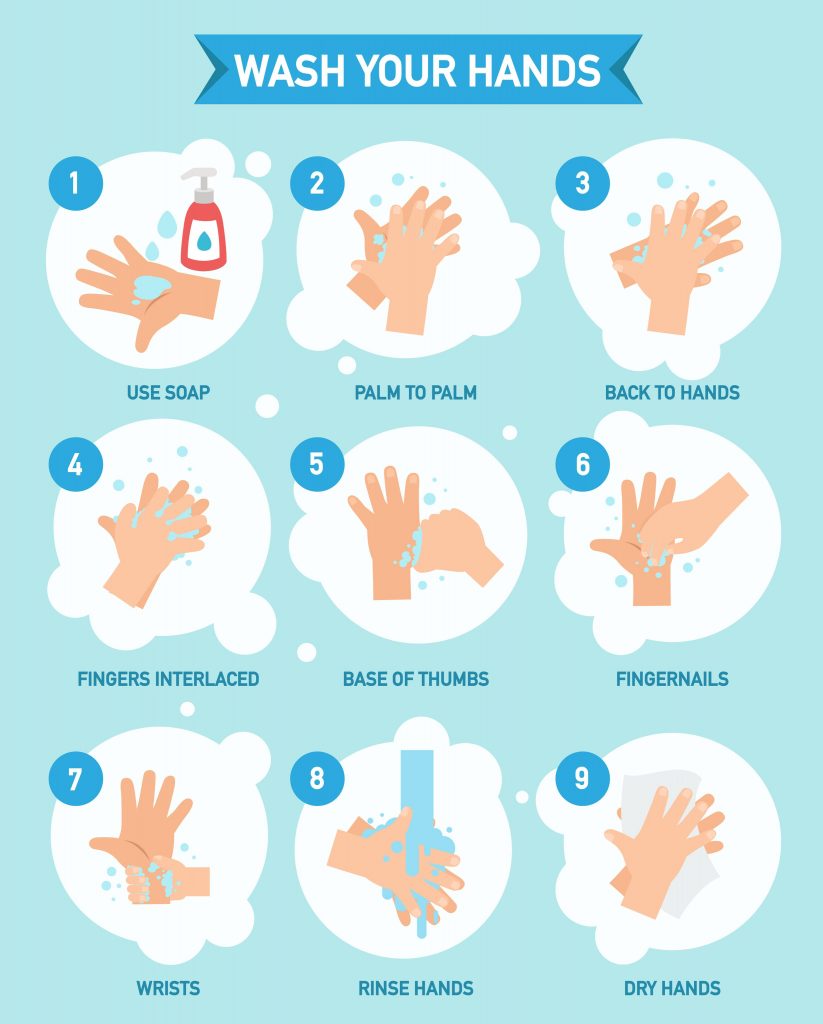What is it?
Coronavirus is a new illness that can affect your lungs and airways. It’s caused by a virus called ‘COVID-19’.
What are the symptoms?
Almost everyone who gets Coronavirus gets a fever, a cough or both.
Most of the people who get a fever get tired. A lot of the people who get tired get achy muscles, but sneezing is not very common.
If you start to have difficulty in breathing then you will need to get medical help by calling the NHS 111 service.

How can it be prevented?
The government has given us some really simple advice to help us stop coronavirus spreading. The most important thing is to stay at home as much as possible.
This is really important if you or anyone you live with is experiencing any symptoms of the having the virus
Next, make sure you are regularly washing your hands, this is important at home especially before preparing or eating food. Even more so when you leave the house and when you come back into the house again. Avoid touching your face with your hands, if you cough or sneeze use a tissue ‘catch it, bin it, kill it’. If you haven’t got a tissue use the crook of your elbow to cough into.
If you have a temperature of or above 37.8ºC or a new and persistent cough you and the people you live with must stay at home for 14 days. This is called self-isolation. The reason for self-isolation is to help stop the spread of infection
Click here to visit the Newsround website for a video that explains self-isolation.

Social distancing
Social distancing is basically staying far enough away from people so that the virus cannot be passed to them, the government says this is around 2 metres. It is really important because it helps to reduce the spread of infection.

Top tips if you’re worried about coronavirus
Tip 1
It is quite normal to feel scared and confused with everything we are hearing about the corona virus. Do not bottle up your worries, talk to a trusted adult. More information about looking after your emotional health can be found on the Young Minds website here
Tip 2
If you are worried about an elderly relative, find different ways to keep in touch with them. Either by the telephone or by video call. You could even write them a letter or get younger members of the family to draw pictures. If you are planning to keep in touch with people through social media, take a look at our ‘keeping safe‘ section for tips on staying safe online.
Tip 3
Don’t believe everything you hear from friends. Get your information from trusted sources.
Tip 4
Try not to worry about what you cannot control. Do what you can and encourage other to stop the spread of the virus. Wash your hands regularly and follow the advice of doctors.
Tip 5
Try not to spend too much of your energy worrying about the coronavirus, try and do the things you enjoy and keep yourself busy. Visit Every Mind matters here for some more advice on looking after your emotional health.
Tip 6
Now school has closed and you may be at home, organise your day so you have time for learning at home and time to relax.
Tip 7
If you do have to go out remember to follow the social distancing advice, use hand sanitizer when you can and wash your hands.
If you would like further advice specifically about the coronavirus you can visit the NHS 111 website, that has a specific coronavirus page set up:
If you have a younger sibling or child in your household and would like some help explaining the coronavirus to them, you may find this video helpful. Click here.
Parents and teachers might find this information from the World Health Organisation helpful: Click here
Now, wash your hands for 20 seconds (that’s just long enough to sing ‘Happy birthday’ twice!)



Recent Comments